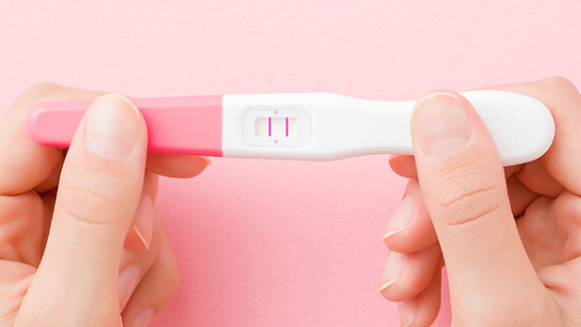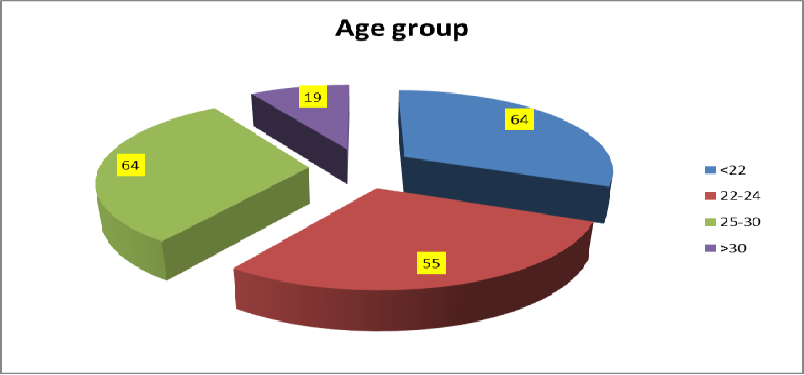Introduction
Morning sickness is a well-known and often challenging aspect of pregnancy. It affects many expecting mothers and can make the early stages of pregnancy a rollercoaster of emotions and physical discomfort. However, for some women, an interesting phenomenon occurs: their morning sickness suddenly stops at around 7 weeks. This sudden cessation can be both surprising and concerning, leading many to wonder why it happens and if it’s something to be worried about. In this blog post, we’ll dive into the reasons behind this mysterious occurrence and provide some reassurance for those experiencing it.
Understanding Morning Sickness
Before we explore why morning sickness may stop, let’s first understand what morning sickness is. Morning sickness, or nausea and vomiting during pregnancy (NVP), is a common condition that affects about 70-80% of pregnant women. It is usually caused by the hormonal changes that occur during pregnancy, particularly the rise in human chorionic gonadotropin (hCG) and estrogen levels. Morning sickness typically begins around the 6th week of pregnancy and may last until the end of the first trimester or even longer in some cases.
The 7-Week Milestone
The 7th week of pregnancy is a crucial stage in the development of the fetus. At this point, the embryo is rapidly growing and undergoing significant changes. Hormone levels, particularly hCG, continue to rise during this period. These hormonal fluctuations can trigger morning sickness in many women, leading to the nausea and vomiting commonly associated with early pregnancy.
Reasons for Morning Sickness Cessation
Now, let’s address the question on many minds: why does morning sickness suddenly stop at 7 weeks for some women? There are a few potential reasons for this:
1. Natural Reduction of hCG Levels: Around the 7th week, the placenta starts to take over hormone production from the ovaries. As a result, the levels of hCG may begin to stabilize and even decrease slightly, leading to a reduction in morning sickness symptoms.
2. Hormonal Adjustments: As pregnancy progresses, your body becomes more accustomed to the hormonal changes, and the initial shock to your system may lessen. This adjustment could explain why some women experience relief from morning sickness around this time.
3. Role of the Placenta: The placenta plays a crucial role in supporting the pregnancy and is responsible for providing nutrients and oxygen to the developing fetus. As the placenta matures and takes over hormone production, the impact of hCG on morning sickness may diminish.
4. Lifestyle and Dietary Changes: As the pregnancy progresses, some women may naturally adopt lifestyle and dietary changes that can help manage morning sickness. Eating smaller, more frequent meals, staying hydrated, and getting enough rest can contribute to a reduction in symptoms.
Health Indicators at 7 Weeks
Although sudden cessation of morning sickness may be relieving, it’s essential to stay vigilant about your health and the well-being of the baby. At 7 weeks, it’s crucial to monitor your pregnancy health and look for any signs of concern or warning signals. Regular prenatal check-ups with your healthcare provider are vital for assessing the development of the fetus and addressing any potential issues promptly.
Coping Strategies for Morning Sickness
If you experience sudden relief from morning sickness, count yourself fortunate! However, it’s essential to be prepared in case the symptoms return or persist. Here are some coping strategies that can help manage morning sickness:
1. Nausea and Vomiting Management: Keep crackers or dry toast by your bedside to nibble on before getting out of bed in the morning. This can help ease nausea. Ginger-based products, such as tea or candies, might also provide relief.
2. Dietary and Lifestyle Modifications: Avoid spicy, greasy, and heavy foods, as they can trigger nausea. Opt for bland, easy-to-digest meals and stay hydrated by sipping water throughout the day.
3. Acupressure and Other Alternative Remedies: Some women find relief from morning sickness through acupressure wristbands or aromatherapy. These methods are worth trying if you experience discomfort.
4. When to Seek Medical Advice: If morning sickness becomes severe or interferes with your ability to eat and stay hydrated, consult your healthcare provider. They can provide personalized advice and, if necessary, prescribe medications that are safe during pregnancy.
Consulting a Healthcare Professional
While sudden cessation of morning sickness is generally considered normal, it’s always essential to communicate openly with your healthcare provider about your pregnancy journey. They can address any concerns you might have and offer guidance tailored to your specific situation.
Case Studies and Personal Experiences
Real-life accounts of women who experienced sudden relief from morning sickness can provide reassurance to others going through the same situation. Remember that every pregnancy is unique, and it’s okay if your experience differs from others’.
Conclusion
Experiencing morning sickness and its sudden cessation can be both baffling and relieving. The 7-week milestone in pregnancy brings about significant hormonal changes that may contribute to this phenomenon. While it’s essential to stay informed and monitor your health, remember that every pregnancy is different, and individual experiences can vary widely. If you have any concerns or uncertainties, don’t hesitate to reach out to your healthcare provider for guidance and support throughout your pregnancy journey.





